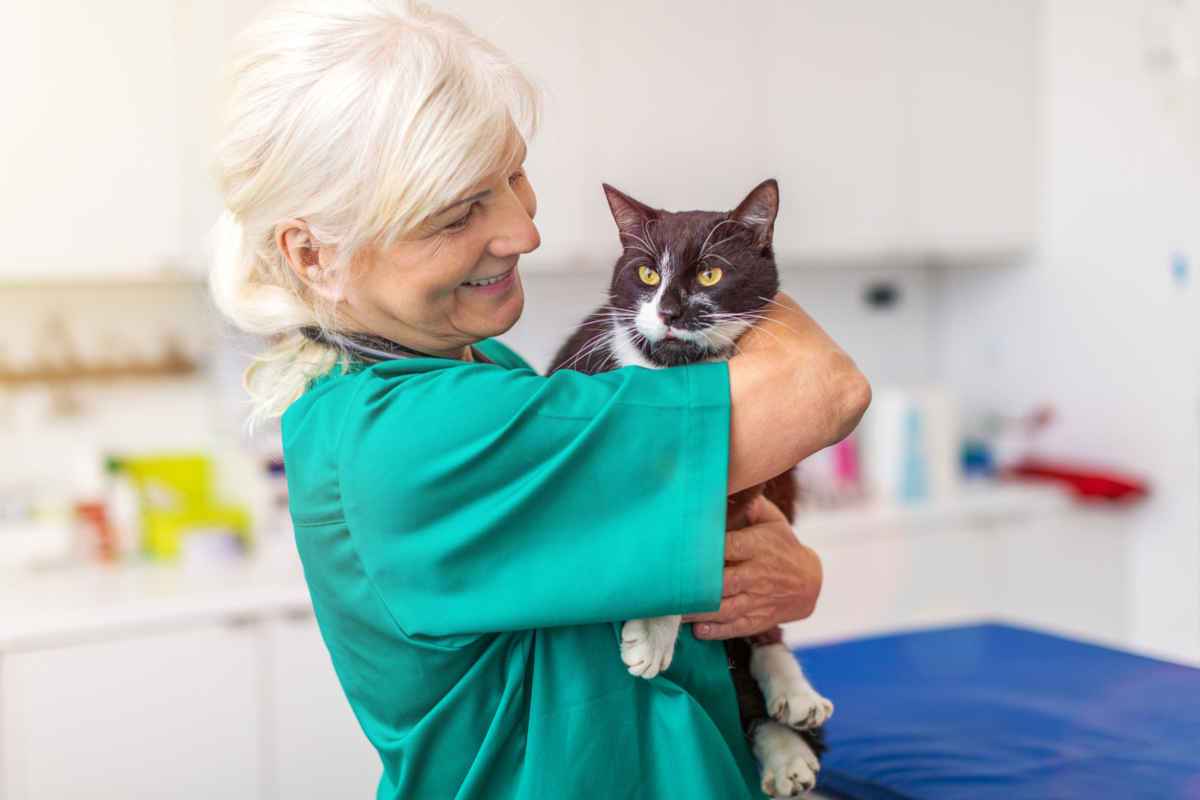Every winter, human sniffles and sneezes become much more common, but is it the same for cats and dogs? Vet Richard Allport has the answers.
Can cats or dogs catch human colds?
So far, no human cold has been shown to be transmissible to dogs or cats, so if you're feeling a bit under the weather, you can still spend time with your cat or dog without worrying that you will inadvertently pass your cold on to them.
In fact, dogs rarely get anything similar to our common cold. If they start sneezing, it's more likely to be caused by an allergy or something they have sniffed. Occasionally a respiratory infection will occur, and they'll sneeze and have a runny nose.
However, that's not to say that our pets don't get ill – just that they tend to get species-specific illnesses.
Dog illnesses
Dog flu
The symptoms of dog flu (more formally known as canine influenza) causes symptoms very like our own flu (high temperature, not eating, discharge from eyes and nose, lack of energy and a cough).
Symptoms of severe flu are the same for people and dogs; raised temperature, discharges from nose and eyes and not eating.
Kennel cough
Dogs can also suffer from kennel cough, which, despite its name, is not only found in kennels. It's very contagious and causes a hacking cough that often sounds as if the affected dog has something stuck in their throat. It isn't usually a serious condition – most dogs don't run a high temperature and carry on eating as normal – but there is a vaccine available.

The treatment of colds or the flu is pretty much the same for people, cats and dogs.
Cat illnesses
Cat flu
Cats are much more prone to colds and flu. There are two main viral causes of cat flu and after having flu many cats are left with chronic persistent sniffles; they sneeze regularly and have a nasal discharge, and often suffer from sinusitis. Not eating is often a tell-tale symptom.
Cats can be vaccinated against cat flu, but the vaccines may only reduce the severity of the symptoms rather than stop cats actually getting flu.
What to do if your cat or dog is ill
Treatment of colds or the flu is pretty much the same for people, dogs and cats. Keep your animals warm, encourage them to drink plenty of fluids and give them tasty, healthy food.
As cats are very likely to stop eating when they have cat flu, it can help to warm their food a little to bring out the aromas and to give them something they really like, such as sardines or tuna. Also, giving them canned wet food rather than dry food can be helpful in alleviating symptoms.

If your pet has severe symptoms, take them to the vet as soon as possible.
When to see your vet
If your cat or dog has severe symptoms, make sure they see a vet as soon as possible. Viruses are not killed by antibiotics, so these drugs will only be dispensed if there's a risk of secondary infection.
Other drugs may be prescribed to reduce inflammation and to act as decongestants. Vitamins and other supplements may help; for example, vitamin B12 often acts as a natural appetite stimulant and other vitamins, such as vitamins C and D, may help speed up recovery.
Affected pets should be kept away from other animals while they're ill, although there's no need to keep a cat with a cold away from a dog, or vice versa. In general, different species have their own cold and flu viruses.







